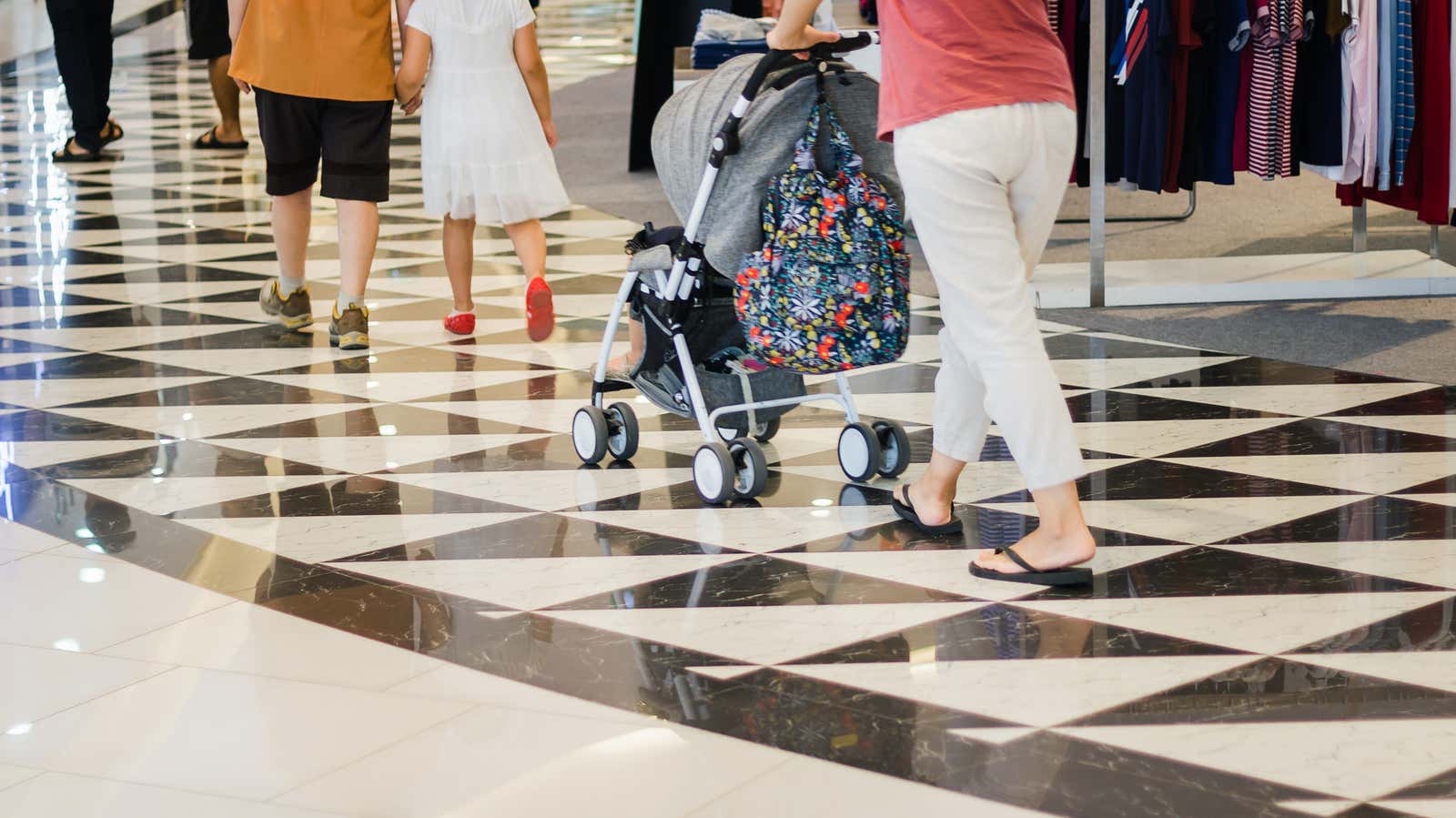Teach Children to “find Parents” When They Get Lost

When my son was four years old, my husband and I took him and his two-year-old sister to spend the day on a Florida beach. The scene was perfect: the sun was shining, we managed to remember sunscreen and beach toys, and both kids were happy to build sandcastles in front of our beach blanket. When my husband suggested taking the kids for a walk along the beach, I was grateful for a little time to catch up on my beach reading.
When my husband returned, I was standing at the water’s edge. Both children walked towards me, and out of the corner of my eye I saw my son walk past me. I assumed he headed for our beach blanket.
But he was not.
Unbeknownst to us, as we chatted about where to go for lunch, he kept walking in the other direction, along the water’s edge, unaware that his father had stopped to talk to me.
In the blink of an eye, our life changed. We couldn’t find our son in the sea of sunbathing and beach games. Horror in my chest, I started screaming for him, and luckily other beach goers rushed over to help us watch.
We eventually found him far away on the beach, sitting with a kind elderly couple with a huge ice cream cone they bought for him when they realized he was in a panic that he could not find his parents. We thanked them with gratitude (and with tears in our eyes), and when I asked him what he did, when he realized that we had left, he said: “I didn’t know who to turn to for help, Mommy.”
I realized that I needed to give my son a concrete way to ask for help in case he was separated from us again.
And while we often tell our young children to look for a cop if they get lost, the truth is that cops aren’t always found in the aisles of grocery stores or at crowded school sports events. For some children, the officer’s uniform may seem intimidating or overwhelming.
I needed to give my son a reference point that he would understand even at a young age. So I told him that if he was ever lost or separated from me again, he should look for Mom or Dad with a stroller (or another parent with small children in the grocery cart).
All young children recognize that strollers are usually accompanied by mums or dads with small children. The stroller is easy to find, and for the little one it often becomes a pleasant and familiar sight.
As a mother who has helped her fair share of scared kids at the pool, grocery store, and social gatherings, I also know that my stroller has always been loaded with hand wipes, extra bottled water and soothing toys, books, and other items that can help. frightened child.
Of course, no parent wants to lose their child in a department store, but the fact is that children are fast – in a split second they can leave and really get lost.
Encouraging your child to look for a stroller if ever scared or alone will help him concentrate in a few frightening minutes. In the unlikely event that you cannot reach your child quickly, a parent with a stroller will always know what to do to help your child find a safe place to wait for you.
This tactic works for adults too.
I was recently at a business conference and found it difficult to communicate with the participants. While in the ladies’ room, I noticed, you guessed it, a mom with a stroller struggling to finish a diaper change for her toddler. I smiled and offered to entertain the little girl while she, a conference participant, washed her hands and cleaned the changing table area.
Leaving the bathroom, we realized that we were both heading to the hotel restaurant, and she smiled and said, “Would you like to join me for lunch?”
It turns out we both felt a little lost, and I’ve never been so grateful to see my mom with a stroller.